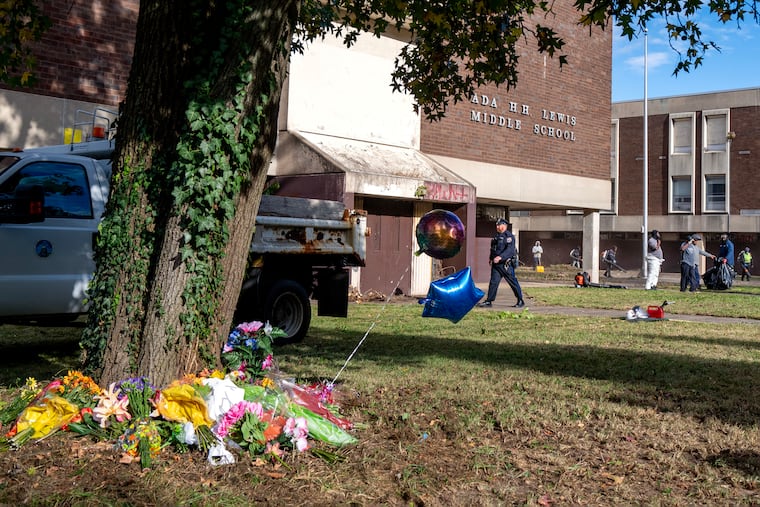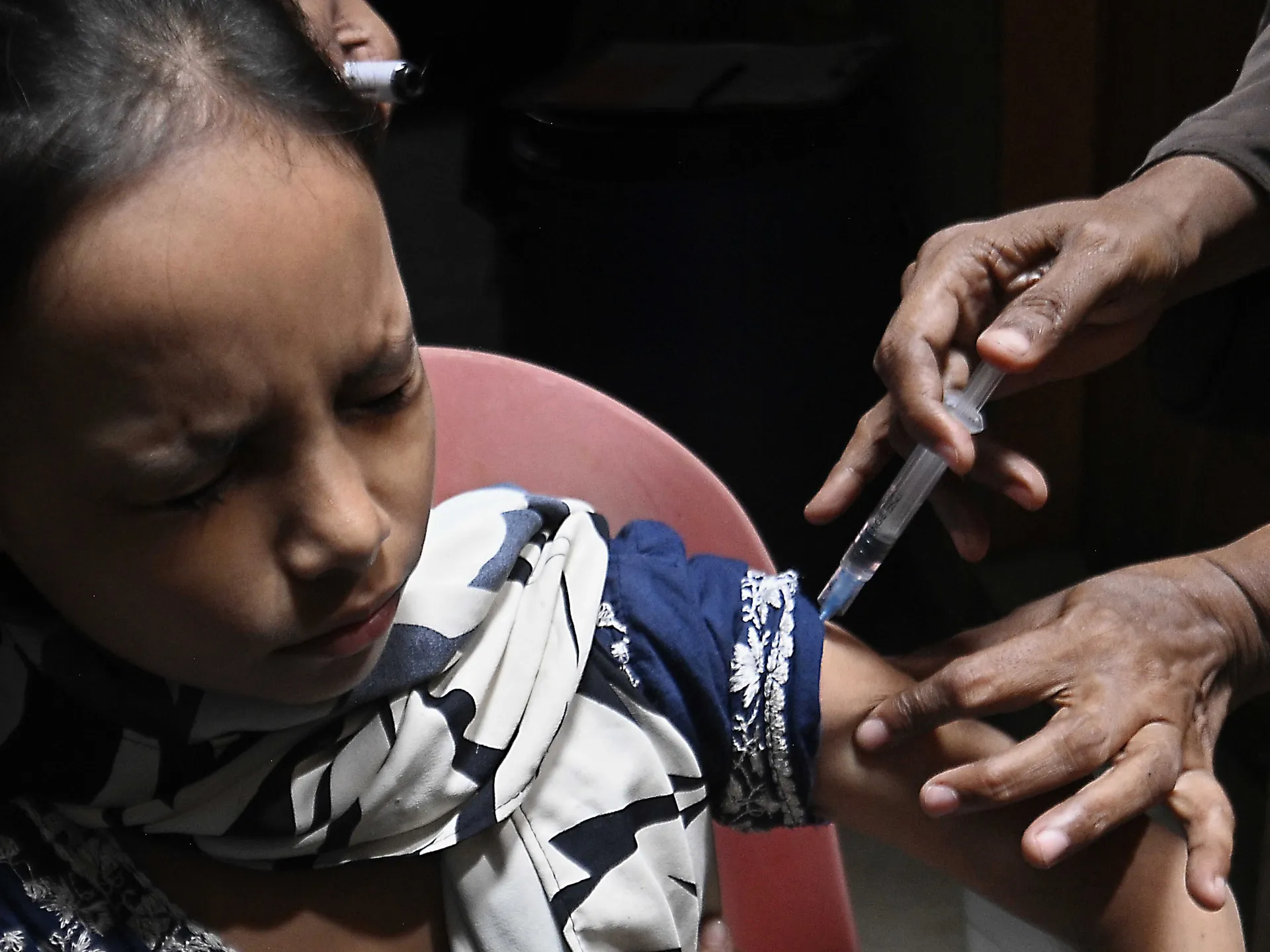Copyright The Philadelphia Inquirer

Revitalization more than a deterrent Kristen Peeples is right. Derelict school buildings don’t just blight a block; they signal a choice to abandon the people who live there. The death of Kada Scott near the shuttered Ada H.H. Lewis Middle School is a heartbreaking reminder that neglect creates danger, especially for those already vulnerable. Philadelphia can choose differently this year. Secure every vacant school with sealed entries, sound roofs, lighting, fencing, and regular inspections. List each property on a simple public tracker with clear timelines and space for community input. Put buildings to work while long-term plans are made: early childhood classrooms, recreation and arts space, workforce training, youth programs, and pop-up health clinics. When reuse proposals come forward, give priority to affordable housing and community facilities. Create a reuse fund built from city bonds, federal dollars, and philanthropy to make those projects real. These buildings once anchored neighborhoods. They can again. Treating them as liabilities guarantees more sorrow. Treating them as opportunities shows a shared commitment to our children and their safety. Brandon McNeice, head of school and CEO, Cornerstone Christian Academy, Philadelphia Horrors of hazing As a Rutgers University graduate, part-time lecturer, union shop steward, and former staff member of the Camden campus for 15 years, I am appalled at the news of a student being critically injured during an alleged hazing incident at the campus chapter of the Alpha Sigma Phi fraternity. However, my concern extends to the broader issue and topic at hand. The time has come to not only close the on-campus fraternity that violated Rutgers’ policy of no hazing, but to seriously reevaluate the relevance of continuing Greek lettered organizations on all campuses. Already, voices are sounding to diminish this horror. Yes, horror. A student who was, for all intents and purposes, tortured in the basement of the fraternity home with electrical wiring and the addition of water. He could have been killed. This is unconscionable. It is also unconscionable to stop at the expulsion of the students who are found to have participated in this act from the fraternity (which is now suspended) and not also expel them from the university. If words matter — and indeed they do — then Rutgers University should not only stand strong on its statement in the Student Code of Conduct that “Engaging in any act that impacts the mental, emotional, or physical health or safety of a student” should not be tolerated, it should be seen for what it is: criminal, with real-life consequences. “Greek life” as it stands has long been synonymous with everything that does not honor “Greek life.” As a Greek American, I have heard of activities, behavior, and events associated with the Greek lettered systems that have no bearing on the ancient ideals that the letters are deemed to represent. It has become a modern-day mockery of the original intention of the fraternity and sorority system. Rutgers University may hold that it has a zero-tolerance policy on hazing. However, it is obvious that the university can neither properly police nor control students’ actions on campus in their fraternities. They will continue the decades-long practice of hazing, with a decades-long list of infractions. It is time, it is long past time, to take a long and hard look at the meaning of these organizations and whether they should be supported in the future. I deem that they should not. They have proven time and time again that they are, in many ways, a front for an excuse to bring everything that is not representative of university life at its finest. Jackie Morfesis, Charleston, S.C. Fund Prevention Point While I am a new resident of Philadelphia, I have worked in the field of addiction and recovery for more than 40 years. I have been impressed with the harm reduction work of Prevention Point, and can clearly see the need for such an effective program to continue receiving public funding. Prevention Point does the hard work with, and for, the hardest to treat and the people no one else wants to help. Through medical services, mental health counseling, housing assistance, and public outreach, Prevention Point staffers are able to gain the trust of those who do not trust and change the lives of those who have given up. These dedicated and effective staff members engage those whom others ignore and bring health, stability, and hope to those who cannot recover without a holistic, research-based, and consistent program of care. In Kensington, Prevention Point is able to help those grappling with substance abuse who are ill and desperate. Prevention Point has gained the trust of those it serves. Perhaps the city can trust Prevention Point to do this difficult task, ensure it is fully funded, and recognize it for its willingness to step up. Janis Weinberg Gold,Devon



